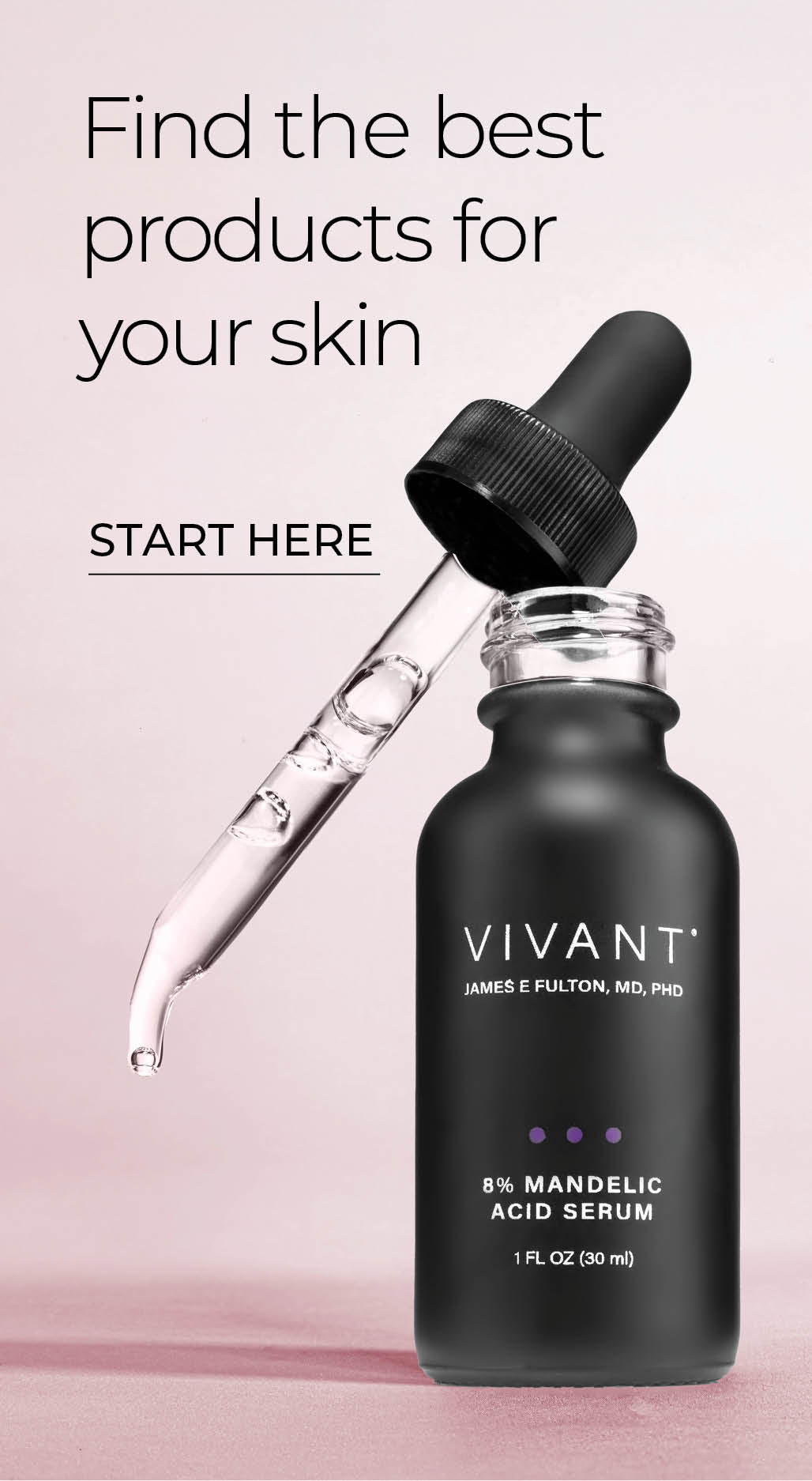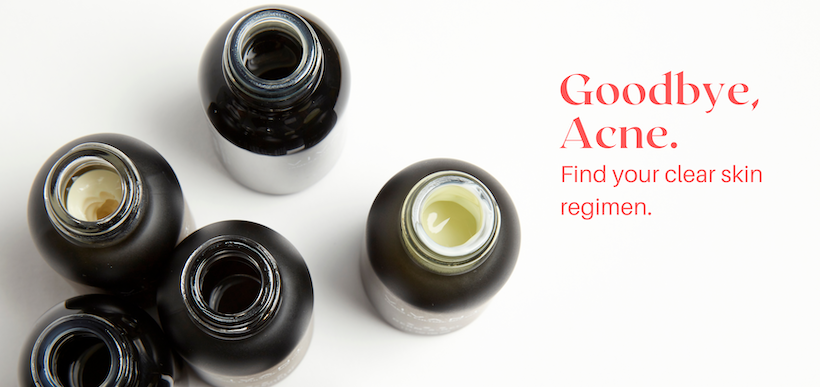The Overnight Stress Breakout: What Gives?

Since the start of the pandemic, dermatologists have reported an uptick in patients with inflammatory skin conditions, including psoriasis, rosacea, atopic dermatitis, and, you guessed it, acne. What’s going on? One word: stress.
The idea that stress exacerbates acne is not a new concept. We’ve all experienced the breakout just before a big, important event. But how exactly does stress accelerate the average month-long acne cycle into what seems like an overnight event?
A recent article published by the American Academy of Dermatology explored the underlying mechanisms of the link between the brain and the skin, adding more clinical evidence to the long-held theory that when it comes to skin, you are what you internalize.
Don’t believe it? Take the example of the blush. You find yourself in an embarrassing situation and feel your cheeks flame. Your skin goes bright red. Why? Because the brain and skin are inextricably linked in a hormonal feedback loop.
The neurologic, endocrine, immune, and cutaneous systems are all interconnected, with the skin acting as the stress response system. The skin is both a target organ for stress and a source of factors that produce immune and inflammation responses.
In response to stress, the skin releases inflammatory cytokines setting off a pathogenic cascade of mechanisms that result in an increase of sebum and inflammation in the skin. It’s the perfect storm to spark a sudden reactive flare-up.
Not everyone’s skin is so intensely stress-responsive, but in those who are, research reveals that breakouts can occur in as few as two days after an emotional trigger. Additionally, stress impairs the barrier function of the skin, slowing the healing process.
How to deal with a stress breakout
Once ignited, the stress breakout can spread like a small wildfire. Inflammation is the fuel, so calming is the first step in a rapid repair strategy.
Rub ice over any affected areas for two to three minutes. The ice reduces redness and inflammation, while stimulating cell renewal and healing. As a bonus, the vaso-constricting action increases the absorption of follow-on products to maximize their effectiveness.
Cleanse twice daily with a benzoyl peroxide cleanser, which will reach into the pore to rapidly kill acne bacteria, peel out impactions, and reduce inflammation. Vivant’s BP 3% Acne Wash is a creamy formula. BP 3% Exfoliating Cleanser adds biodegradable buffing grains for added exfoliation.
Salicylic acid, the principal metabolite of aspirin, peels impactions in the pore while calming inflammation. But because salicylic lacks the antibacterial component, it works best when paired with an antibacterial like mandelic acid. Find this combo, plus niacinamide to speed barrier repair, in our mini-peel Daily Repair Pads.
BP 10% Gel Medication is made for acne emergencies. Our strongest acne-fighting formula is a highly concentrated, intensive treatment that works deep in the pore to accelerate healing. Use our 10% BP in addition to your regular serum. If you find it overly drying, reduce usage to once a day.
Don’t spot treat with BP 10%. Use this gel all over the face to avoid leaving bacteria to thrive in surrounding areas.
Our detoxifying Sulfur Clay Mask will help to pull impactions to the surface faster and rid the skin of excess sebum. If salicylic acid and benzoyl peroxide had a baby, it would be sulfur. It has all the best qualities of salicylic and BP—calming, antibacterial, keratolytic (peels pores), sebum-reducing—but it’s less potent than either, making it perfect in mask form where it’s highly concentrated and left on to do its work. For added firepower, apply BP 10% Gel Medication under the mask.
What else can you do?
Never pick at blemishes. Picking creates further inflammation and can lead to scarring and hyperpigmentation.
Watch your sugar intake. Sugar ignites inflammation in the body. Swapping high glycemic foods—white rice, pasta, juices, sweets—for foods that help regulate blood sugar and are slower to digest—complex carbs, nuts, whole fruits, and vegetables with high fiber—will help reduce inflammation and support clear, healthy skin.
Reduce stress as much as possible by getting good sleep, exercising, taking some time to recharge and disconnect from the news for a while, do something creative, read a book, anything that helps you unwind and relax.


Comments